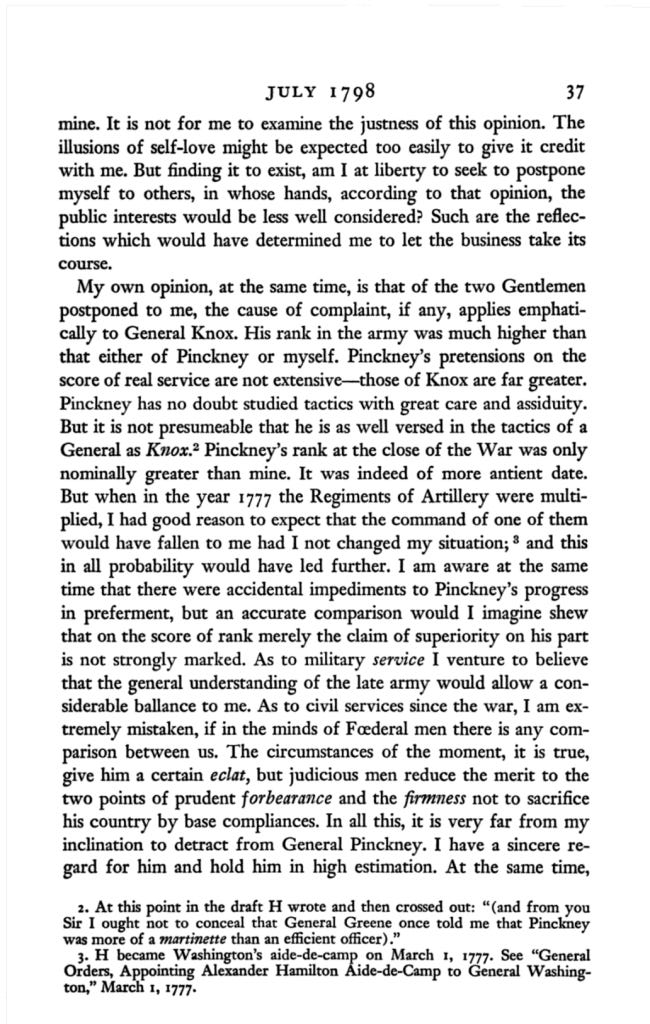Irresistibility, Front-Yard Beliefs + Backyard Behaviors, 803 Words a Day
The Disciple-Leader Newsletter // June 3, 2023
Discipleship // Leadership // Mental Performance. The best from this week.
DISCIPLESHIP
"Oh how little people know who think that holiness is dull. When one meets the real thing, it is irresistible."C.S. Lewis
Your aura is "the distinctive atmosphere or quality that seems to surround and be generated by a person, thing, or place." It's the energy you bring to a room. It's how people experience you. It's how they feel around you.
Some have an aura that emanates pride, or smugness, or jealousy, or indifference, or insecurity, or superiority. There are a lot of different auras that people carry with them.
C.S. Lewis described holiness' aura as irresistible. The kind of feeling and presence that draws you towards it. You want to abide and bask in its presence.
Parley P. Pratt shared the same sentiments regarding holiness. He described it like this: In the presence of such persons (who have been thus affected by It), one feels to enjoy the light of their countenance, as the genial rays of a sunbeam. Their very atmosphere diffuses a thrill, a warm glow of pure gladness and sympathy of Spirit. No matter if the parties are strangers, entirely unknown to each other, each will be apt to remark in his own mind, and perhaps exclaim, when referring to the interview- "Oh, what an atmosphere encircles that stranger! How my heart thrilled with pure and holy feelings in the presence of this person. What confidence and sympathy he inspired. His countenance and spirit gave me more assurance than a thousand written recommendations, or introductory letters."
Joseph Smith, after conversing with the embodiment of Holiness itself, described, "My soul was filled with love, and for many days I could rejoice with great joy."
Holiness is the antithesis of dullness. For most in the world, what they would describe as "irresistible" are those things that entertain, excite, stimulate, thrill, etc. But how little they know. Those are mere counterfeits of the real thing––holiness.
Holiness comes from the Holy Ghost. Do you want the real thing? Then qualify for and receive the Holy Ghost.
LEADERSHIP
"The front yard is the realm of language. It is the space for messaging and talking to be seen. Social media and the internet are a kind of global front lawn, where we get to know a thousand strangers by their signage, even when we don’t know a thing about their private lives and virtues. The backyard is the seat of private behavior. This is where the real action lives, where the values of the family—and by extension, the nation—make contact with the real world."
Derek Thompson
Derek Thompson wrote an article recently titled, The Dangerous Rise of ‘Front-Yard Politics'
In it, he highlighted the contradictions between both liberals and conservatives in regard to the ideals that they publicly espouse and the actual lives they lead. In other words, are our behaviors aligned with our words? Are our lived standards representative of our stated standards?
Here's a brief excerpt from his piece:
Several months ago, while walking through my neighborhood in Washington, D.C., I noticed an impressive number of front-lawn placards celebrating and welcoming refugees. The signs made me proud. I like living in a place where people openly celebrate tolerance and diversity ... Several days later, my pride curdled into bitterness. As part of some reporting on housing policy, I found a State Department page offering advice to Afghans and Iraqis resettling in the U.S. The upshot: Stay away from D.C. “The Washington, D.C., metro area including northern Virginia and some cities in California are very expensive places to live, and it can be difficult to find reasonable housing,” the website warns. “Any resettlement benefits you receive may not comfortably cover the cost of living in these areas.”
My city’s prohibitive housing costs flow, in part, from the district’s infamous war against new construction. Much of D.C. is off-limits for new development, thanks to widespread single-family zoning, berserk historical-preservation rules, and a long-standing aversion to taller buildings, which stems from both federal law and local rules. If the city’s housing policies are so broken that the federal government has to explicitly tell immigrants to find somewhere else to live, then signage welcoming refugees is both futile and hypocritical. The same neighborhoods saying yes to refugees in their front yard are supporting policies in their backyard that say no to refugees.
While this article focused on politics, it's worth asking in our lives as a whole: Would somebody know what you believed in purely by observing your behavior? Would your actions convince them of what you profess to believe?
Beliefs don't reveal behavior. Behavior reveals beliefs.
MENTAL PERFORMANCE
“Men give me credit for some genius. All the genius I have lies in this; when I have a subject in hand, I study it profoundly. Day and night it is before me. My mind becomes pervaded with it. Then the effort that I have made is what people are pleased to call the fruit of genius. It is the fruit of labor and thought.”
Alexander Hamilton
The Church of Jesus Christ of Latter-day Saints has taken on a huge project called "The Joseph Smith Papers", where they published everything Joseph ever recorded. From personal letters, to teachings, to revelations.
From 1961 - 1987, The Columbia University Press did the same thing for another historical figure: Alexander Hamilton.
The project is called The Alexander Hamilton Papers. Hamilton's first published words were in a local newspaper around the age of 17 (according to him). He died at the age of 47. So that's about 30 years' worth of writing. Astoundingly, The Alexander Hamilton Papers amasses a whopping 27 volumes consisting of over 22,000 pages.
Let's break that down. I chose a random page from Volume 3 to count how many words were on the page. That page had about 400 words. Let's just assume that's the average word count for all of the pages of The Alexander Hamilton Papers. Here's the math.
400 words / page x 22,000 pages = 8,800,000 words.
8,800,000 words ÷ 30 years = 293,333 words / year.
293,333 words ÷ 365 days = 803 words / day.
Imagine that! Hamilton would've had to write an average of 803 words per day for 30 consecutive years. That's 10,950 days of consistency. If he took an off day, he'd theoretically have had to follow that up with a 1,606-word day. It's insane.
That kind of output highlights two things:
The power of consistency. A consistent practice over 30 years turned into a mind-boggling feat that you never could've imagined at the start. "By small and simple things are great things brought to pass."
The power of the mind. Hamilton said "his mind became pervaded" by the things that he studied. What fills your mind? Where does your mind wander? When you have free time, what thoughts/desires/dreams fill your mind? Imagine what you could do with those desires if you attacked them with this Hamilton-like ferocity and consistency. You could do anything you set your mind to.
Find that thing you love as much as Hamilton loved to write and attack it.
Disciple-Leadership: Jesus-led. Lead like Jesus.
Aaron @ The Disciple-Leader






